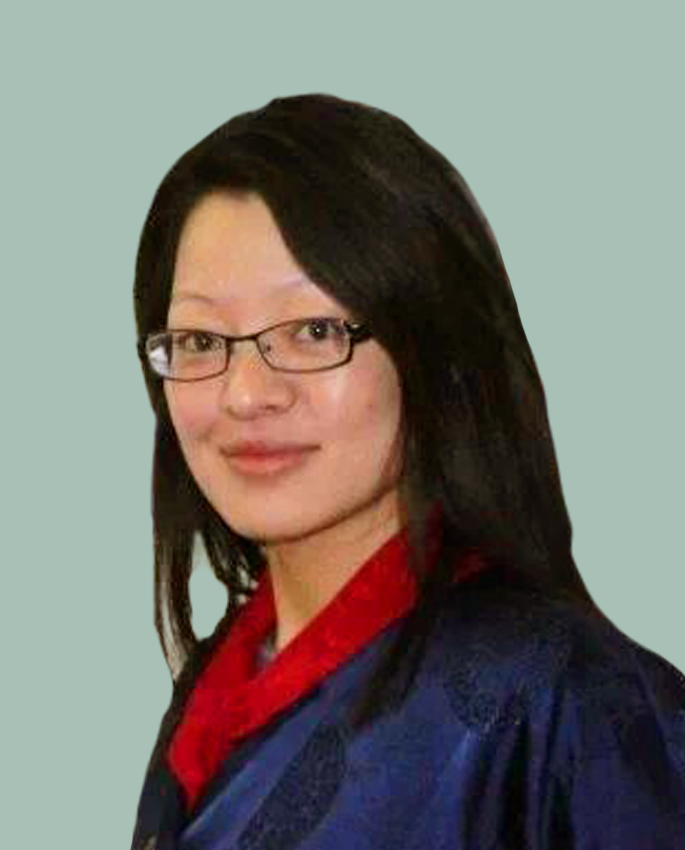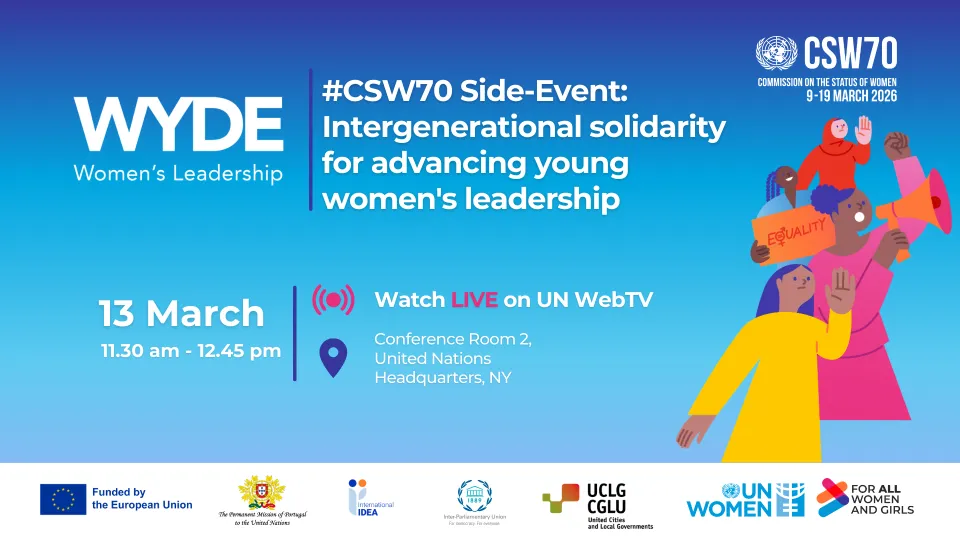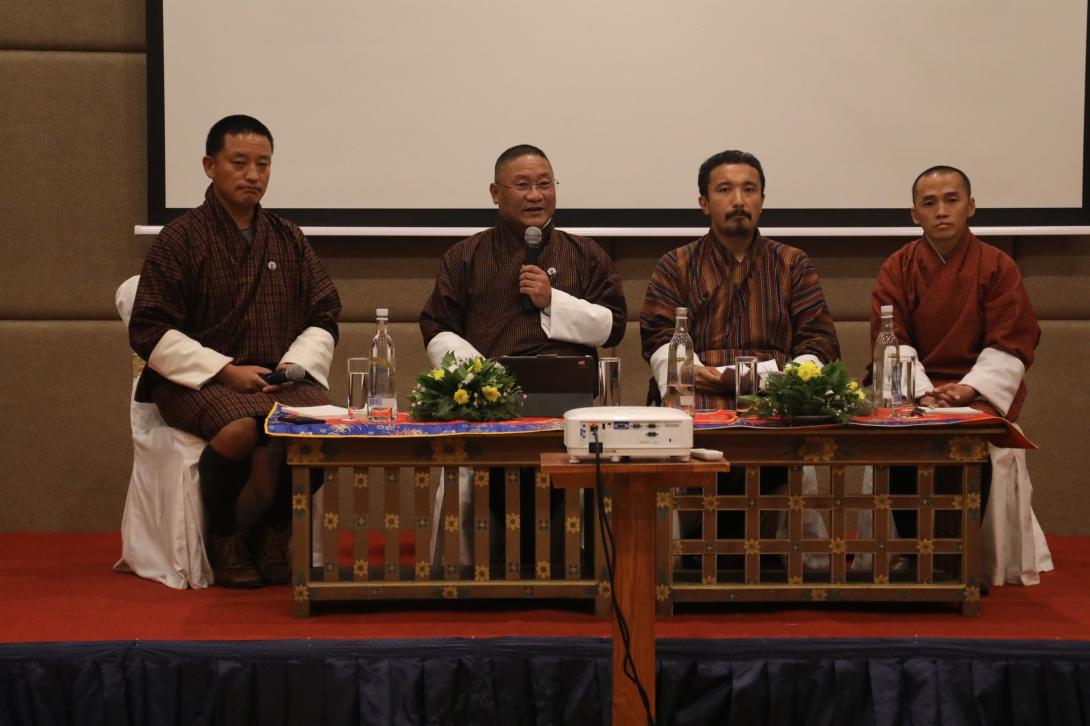
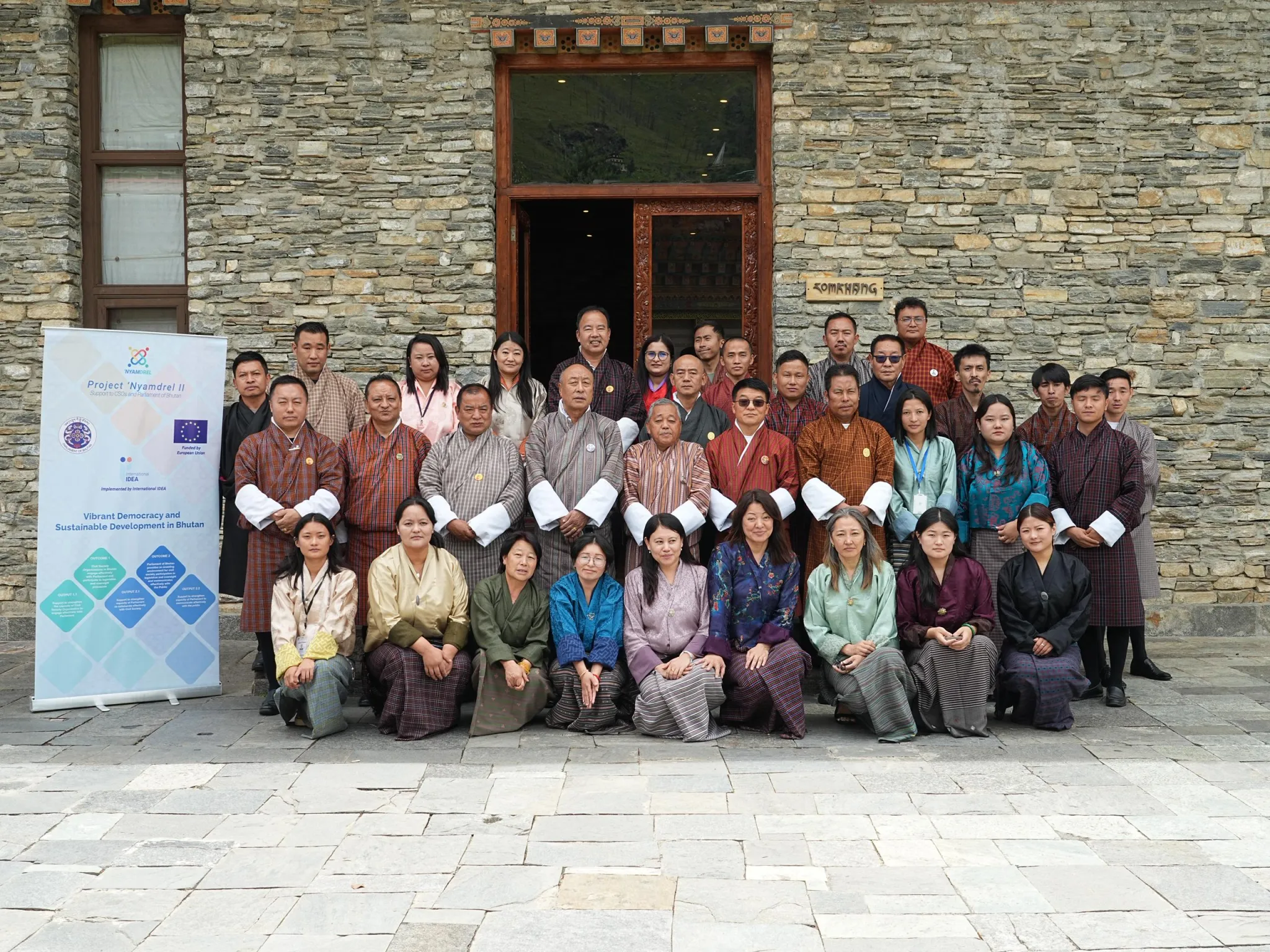
The event brought together the Speaker, Deputy Speaker, Opposition Leader, the two Secretaries General, 10 Committee Chairs of the National Assembly, 10 secretariat staff, and 15 media representatives. Of the 39 participants, 14 were women.
Strengthening the Parliament–Media relationship
The symposium was organised as part of Parliament’s long-term commitment to strengthen its relationship with media, in line with the Parliament’s Strategic Development Plan (2024–2028) and Communication Strategy (2022–2025). It aimed to enhance transparency, improve public communication and support participatory democracy.
Over three days, the discussions focused on orienting journalists on parliamentary processes and validating and implementing the new Media Engagement Strategy to foster trust through open dialogue and equip media professionals for accurate and ethical reporting to strengthen Bhutan’s democracy.
The sessions underscored the Parliament’s role as a key pillar of democracy and highlighted the importance of strengthening citizen engagement. Through key interventions, like those achieved under the Project ‘Nyamdrel II - such as capacity building in communication strategies, media engagement activities and visibility initiatives - citizens are now better informed about parliamentary agendas and activities. While live televised debates, publications and other outreach channels remain vital, the project-supported platforms such as the Parliament Podcast and TikTok videos have further broadened public access and understanding. Media coverage of parliamentary work has also become increasingly substantive, thereby fostering greater public trust and awareness. The media symposium examined persistent challenges in the Parliament–Media relations, including limited access to the MPs and committees, restrictive communication protocols, misaligned timelines for information sharing, loss of informal communication channels and a need for trust building. These were identified as key barriers to effective collaboration.

The symposium addressed these issues by calling for open dialogue, broader and more accurate reporting, and improved systems for informing journalists about parliamentary businesses. The participants agreed on the need for mutual trust, ethical reporting and strengthened communication to bridge the gap between the Parliament and the public.
A milestone for collaboration
A key highlight and major outcome of the symposium was the signing of the Parliamentary Press Pool Engagement Plan, officially establishing the Parliament–Media Network. This informal agreement responds directly to the challenges discussed, setting out clear protocols for engagement, ensuring accredited journalists receive equal access to information and providing predictable communication timelines. It also commits both sides to capacity-building including regular training for journalists on parliamentary reporting and for MPs on effective media engagement. It also created a shared digital resource hub with press kits, bill summaries and background briefs.
The Parliament–Media Network will serve as an informal working group for accredited parliamentary reporters, creating a structured space for information exchange and feedback while preserving editorial independence.
In her keynote, Leena Rikkilä Tamang, International IDEA’s Regional Director for Asia and the Pacific, emphasized the interdependence of the two institutions: “Parliamentarians rely on the media to reach the public, while the media plays an equally vital role in scrutinizing and contextualizing parliamentary work for Bhutanese citizens.”
The Hon. Speaker of the National Assembly highlighted the media’s role in strengthening democracy, fostering transparency and promoting accountability. He called for building long-term trust while addressing misinformation and ensuring that accurate information is easily accessible to all.
Media representatives welcomed the opportunity to deepen their understanding of parliamentary processes. Kinzang Lhadon, a senior reporter at the Bhutan Broadcasting Service, shared “The Media Symposium on The Role of Journalism in a Bhutanese Democracy helped us better understand the parliamentary processes and our role in strengthening democracy. It also revealed significant gaps in reporting, particularly on constituency issues and certain national interests. It has helped foster trust through open engagement in parliamentary coverage. I look forward to enhancing parliamentary reporting under the new media engagement SOP and through the Parliamentary Press Pool, as explored during the workshop.”
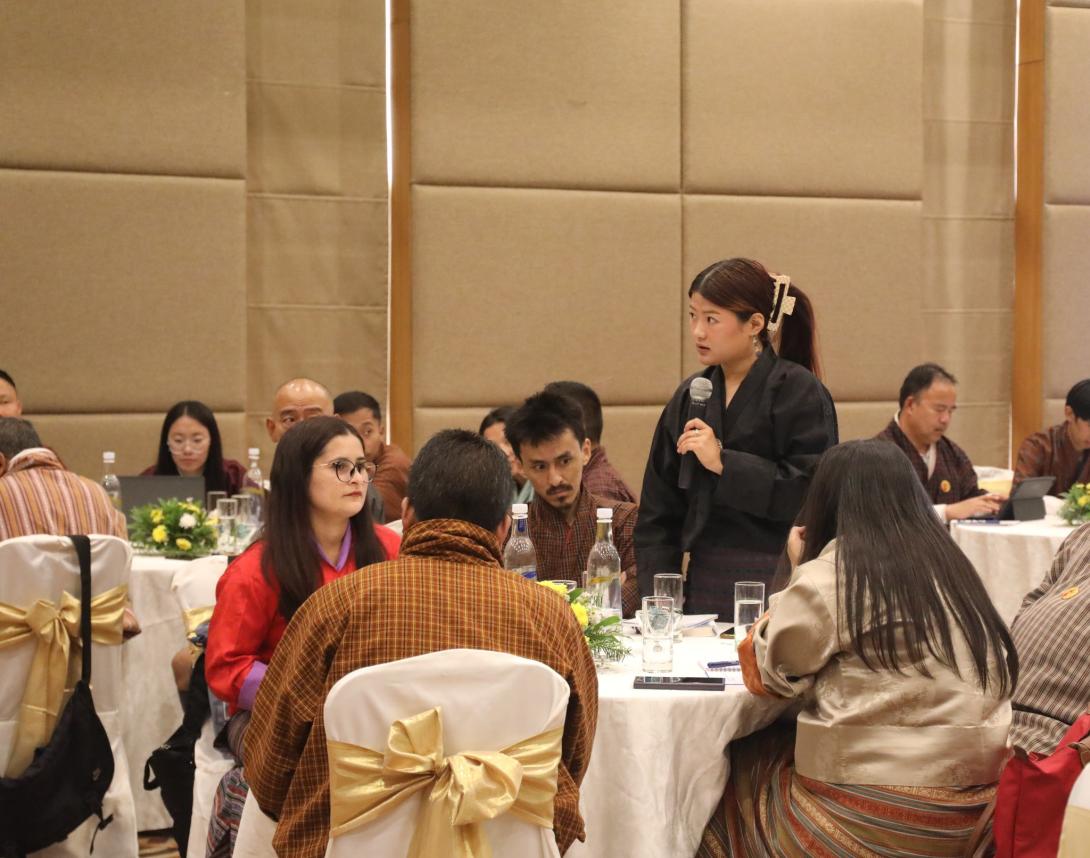
Looking ahead
The symposium was facilitated by a national media and communications expert, Phub Dorji, from Nyingnor Data, a media consultancy firm. It was supported by experienced moderators and panelists from the media and allied sectors.
This was the first in a planned series of Parliament-led engagements with the media. With the Parliament–Media Network now in place, both sides have committed to sustained collaboration in fostering shared responsibility for democratic transparency.
The symposium was funded by the European Union under the Project ‘Nyamdrel II – Support to CSOs and Parliament of Bhutan project, which is implemented by International IDEA.
